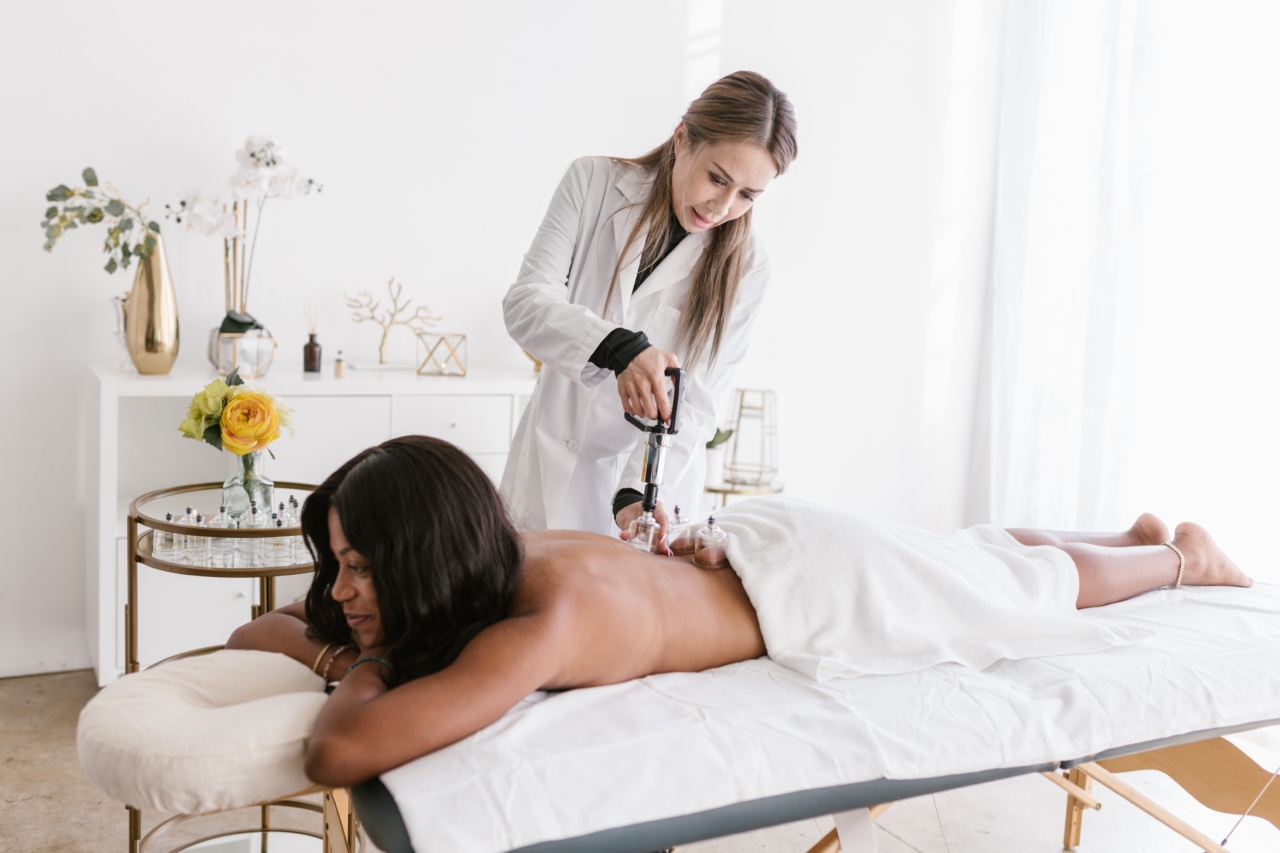Acne is a common skin condition that affects a large number of people worldwide, regardless of their age and gender. It is characterized by the presence of pimples, whiteheads, blackheads, and cysts on the face, neck, back, and chest.
While there are several treatments available for acne, including medication, creams, and lotions, acupuncture is a natural and effective solution that has gained popularity in recent years. In this article, we will explore how acupuncture can help combat acne and provide some tips for those who want to try this alternative treatment.
What is Acupuncture?
Acupuncture is an ancient Chinese healing practice that involves the insertion of thin needles into specific points on the body.
According to the principles of Chinese medicine, the human body has a network of channels or meridians that run throughout it. These channels are believed to be connected to the organs and can be stimulated by acupuncture to improve the flow of energy or Qi (pronounced “chee”) in the body.
Acupuncture has been used for centuries to treat a wide range of health conditions, including pain, insomnia, anxiety, and infertility. Today, it is becoming increasingly popular as a holistic approach to treating acne.
How Does Acupuncture Help Combat Acne?
The causes of acne are complex and multifactorial, but they are generally attributed to hormonal imbalances, inflammation, and increased sebum production. Acupuncture can help address these underlying factors by:.
1. Regulating Hormonal Imbalances
Hormonal imbalances are a common underlying cause of acne, especially in women. Acupuncture can help regulate hormones by stimulating the endocrine system.
It can also help reduce stress and anxiety levels, which can further exacerbate hormonal imbalances.
2. Reducing Inflammation
Inflammation is one of the main causes of acne. Acupuncture can help reduce inflammation by increasing blood flow to the affected area and stimulating the body’s natural healing mechanisms.
It can also help regulate the immune system, which plays a critical role in inflammation.
3. Improving Blood Flow
Improved blood flow can help deliver vital nutrients and oxygen to the skin, which can help reduce inflammation and promote healing. Acupuncture can help stimulate blood flow by opening up the channels or meridians in the body.
4. Balancing Sebum Production
Excess sebum production is another common cause of acne. Acupuncture can help regulate sebum production by stimulating the nervous system and the endocrine system, which control the body’s oil production.
What to Expect During an Acupuncture Treatment?
If you decide to try acupuncture for acne, it is important to find a licensed and experienced practitioner who specializes in this area. The treatment typically involves the following steps:.
1. Consultation and Assessment
Before the treatment, the acupuncturist will conduct a comprehensive assessment of your skin and overall health, including your medical history, lifestyle, and diet.
They will also ask you about your acne symptoms, such as the location and severity of the pimples.
2. Needle Insertion
The acupuncturist will then insert thin needles into specific points on your body, usually in the face, neck, and hands.
The needles are typically left in place for 20 to 30 minutes, and you may feel a slight tingling or warmth sensation during this time.
3. Needle Removal
After the treatment, the acupuncturist will remove the needles from your skin. You may experience some slight redness or bruising, but this is temporary.
4. Follow-up
Most acupuncturists will recommend a series of treatments, usually once or twice a week, for several weeks. The number of treatments will depend on the severity of your acne and your response to the treatment.
You may also be advised to make some lifestyle changes, such as improving your diet and managing stress levels, to support the healing process.
Are There Any Side Effects?
Acupuncture is generally safe when performed by a licensed and experienced practitioner. However, like any medical treatment, it may have some risks and side effects, including:.
1. Pain or Discomfort
You may feel some discomfort or a slight pinch when the needles are inserted, but this should not be painful. If you experience any pain during the treatment, you should inform your acupuncturist immediately.
2. Redness or Bruising
Some people may experience temporary redness, bruising, or swelling at the site of the needle insertion.
3. Infection
There is a small risk of infection if the needles are not properly sterilized. Make sure to choose a licensed and reputable acupuncturist who follows strict hygiene protocols to minimize this risk.
Conclusion
Acupuncture is a safe and effective alternative treatment for acne that can help address the underlying causes of the condition.
By regulating hormonal imbalances, reducing inflammation, improving blood flow, and balancing sebum production, acupuncture can help combat acne and improve the overall health of your skin. If you are interested in trying acupuncture for your acne, make sure to find a licensed and experienced practitioner who specializes in this area and follow their recommendations for a safe and effective treatment.



























